5 Best TeamViewer Alternatives For 2019: Mirror Your PC Anywhere - Fossbytes
5 Best TeamViewer Alternatives For 2019: Mirror Your PC Anywhere - Fossbytes |
| 5 Best TeamViewer Alternatives For 2019: Mirror Your PC Anywhere - Fossbytes Posted: 30 Jul 2019 02:16 AM PDT If you're one of those who has to keep working on your vacation then you might know the pain of carrying a laptop and accessories all the time. What if you don't need to bear that extra luggage, maybe you can work on your iPad or Android tablet? But at the same time, you don't want to miss out on some important resources, documents or perhaps some work that can only be done on a laptop or desktop. Or simply you're sitting on your couch and need to access something from your desktop in another room. That's where some remote desktop software can be of great help. Now, what the heck is a remote desktop software? As you might know, remote desktop software or remote access software lets you connect to your computer from any corner of the world provided you have an active internet connection. However, this is very different from a Virtual Private Network. Using a remote access tool, you can do many things like mirror your PC over the internet, transfer files, provide assistance to someone else remotely, and so on. There are many different types of protocols supported by remote desktop services to establish a connection over the internet. For example, you get the Remote Desktop Protocol (RDP) on Windows. Then there is the Apple Remote Desktop (ARD) protocol, Remote Frame Buffer (RFB) amongst others. TeamViewer is the most popular option out thereIf we talk about popular remote access services, I guess TeamViewer is the most popular free remote desktop software out there. But what if for some reason you don't like it and you're searching for some good TeamViewer alternatives out there? You have landed in the right place. In this list, you can have some of the best free alternatives to TeamViewer that can allow you to create a remote desktop connection and access the required resources easily. 5 Best TeamViewer Alternatives 20191. AnyDeskAnyDesk is the name that is taken quite often when talking about remote desktop software. But it also serves as a great TeamViewer alternative. You can use AnyDesk by installing it on your machine and also as a portable app in case you just need to try it out. While there is a paid version, AnyDesk's free version offers enough features if you're just getting started with remote computing. Best features of AnyDesk
The bad part
2. SplashtopSplashtop is yet another alternative to TeamViewer that you can use to mirror your computer remotely. Over 9 years of its existence, this remote access software has made a good name across the industry by providing a good mix of video quality and latency over the remote connection. The free version of Splashtop comes loaded with features that can be enough for beginners. You should prefer this remote access software if you're planning to mostly connect to your host machine over LAN. Best features of Splashtop
The bad part
3. Google Remote DesktopPossibly the easiest TeamViewer alternative you can get is Chrome Remote Desktop. You might have heard about this free remote desktop software from Google many times and it's well known for its simplicity. It is based on Google's proprietary protocol known as Chromoting. One of the selling points of Chrome Remote Desktop is the fact that it works inside your Google Chrome browser. You don't need to maintain a separate app on your computer (except the tools that you need to install while setting up a remote connection). Best features of Chrome Remote Desktop
The bad part
4. NoMachineNoMachine is yet another free TeamViewer alternative that you can install on your machine. It uses a proprietary remote desktop protocol called NX to establish connections. However, the catch here is that this remote access software works better for connections over LAN. This means you cannot access your computer sitting in some far corner of your house. Best features of NoMachine
The bad part
5. Windows Remote DesktopWhy go so far when a free TeamViewer alternative is right there on your computer? Yes, I'm talking about Windows Remote Desktop which comes in-built in Windows 10 (and older versions). As you might already know, it uses Microsoft's Remote Desktop Protocol to connect with other machines over the internet and LAN. The reason I have put it on the bottom of this list is that Windows Remote Desktop is not there on the Windows 10 Home edition which many people use. Best features of Windows Remote Desktop
The bad part
So guys, these are some great TeamViewer alternatives that you can install on your computer to establish a remote connection. We'll be adding more interesting apps, so don't forget to check out this list in the future.
|
| Signal private Messenger - What is it? - https://proprivacy.com/ Posted: 10 Sep 2018 12:00 AM PDT 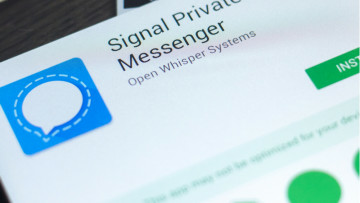 Signal messenger is widely regarded as the most secure and private way to communicate over distance yet devised. The brainchild of privacy legend Moxie Marlinspike, Signal replaces your default SMS messenger app, making it almost seamless to use. What is Signal?Signal is primarily a secure and open source messaging app that replaces your Android phone or iPhone's regular SMS app. Messages to and from other Signal users are sent over the internet and protected by very strong end-to-end encryption.
Messages to and from non-Signal contacts are sent using regular SMS text messaging and are not secure. When sending an insecure text message you are warned that it is insecure and are encouraged to invite your contact to use Signal. This setup ensures that Signal is seamless to use when sending text messages to both other Signal users and to non-users. Because it is designed to replace your regular SMS client, Signal requires that you register with a valid phone number. I will discuss this issue more a little later. The beauty of this system is that Signal is almost transparent in use, which should make it easier to convince friends, family, and colleagues to use the app! In addition to text and SMS messaging, Signal also supports secure voice (VoIP) and video calls between users. Although mainly a mobile app, a desktop version also exists. Is Signal open source?Open source software is software whose source code has been made publicly available by its copyright holder. This means that it can be independently audited for errors and to ensure that it isn't doing something it shouldn't. Signal was fully independently audited in 2016 and was found to be cryptographically secure. With closed source code there is no way to know what the code is really doing, and so closed source code cannot be trusted to keep your communications secure. For this reason, you should only trust open source apps such as Signal to keep your communications secure and private. Signal uses end-to-end encryptionAll secure Signal messages are encrypted on your phone before being sent, and can only be decrypted by the intended recipient(s). This removes the need to trust any third party to keep your data safe, and no third party can access the messages in transit. The only way for an adversary to access messages sent by Signal is if it has direct physical access to your or the recipient's phone. Even then, Signal includes the option to encrypt all stored messages, which make it impossible to access them unless the phone owner can somehow be coerced into revealing their passcode. Just remember that messages sent to non-Signal users are not secure! Is Signal Private Messenger secure?Secure Signal messages are encrypted using the Signal Protocol, which is arguably the most secure text messaging protocol ever developed. It amalgamates the Extended Triple Diffie-Hellman (X3DH) key agreement protocol, Double Ratchet algorithm, pre-keys, and uses Curve25519, AES-256, and HMAC-SHA256 as cryptographic primitives. As of March 2017, Signal's voice and video calls are encrypted using the same Signal Protocol that secures text messages. Additional security featuresMessages and notifications can be locked with a passphrase, and you can opt to use an "incognito keyboard" that will not learn from your typing. Signal also features disappearing messages, which is similar to Snapchat's defining feature. Importantly, Signal provides a mechanism to verify the identity of your contacts. Each conversation has a unique safety number (fingerprint) which you can compare with other participants and mark as verified when you are sure of their identity. Issues With Signal Private MessengerThe following design decisions by Signal have come under criticism, although Signal has gone a long towards answering them. Contact discoveryIn order to seamlessly replace your phone's SMS messenger with the Signal app, Signal uses real phone numbers to match up contacts. This is regarded by some as a privacy risk, who would prefer a system of contact discovery based on email addresses or anonymous usernames. There are, however, two very strong mitigating factors in Signal's favor on this issue:
Google Play ServicesUntil last year Signal for Android was only available from the Google Play Store, and therefore required Google Play Services to run. Although Moxie Marlinspike robustly defended this decision, many considered it a major security issue as this proprietary software gives Google the ability to perform extensive low-level surveillance on users' devices. Signal still recommends that you download the app via the Google Play Store, but it is now also possible to download a Google-free .apk of Signal directly from the official website. Does Signal Keep MetadataThe Signal Protocol does not prevent a company from retaining information about when and with whom users communicate. The only metadata information that Signal itself retains is "the date and time a user registered with Signal and the last date of a user's connectivity to the Signal service." This claim has been proven in court. Other companies that have incorporated the Signal Protocol into their products, however, may not have such a robust attitude to users' privacy. FundingAs with other high profile open source privacy projects such as LEAP (which is used to run RiseUp.net), WikiLeaks-alike GlobaLeaks (endorsed by Tor devs such as Jacob Applebaum), the Guardian Project (makers of ChatSecure and Orbot) , and the Tor Project itself, Signal's parent company, Whisper Systems, receives generous financial assistance from US government funded agencies. Many privacy activists and open source developers argue that good math is good math regardless of where the funding comes from, and that the funding necessary to develop secure systems is otherwise very hard to come by. This question of funding has, however, led some to question the integrity of such claims. Despite these concerns (which affect almost all major open source security projects), Signal appears to be among the most secure applications currently available. The baseband processorInside every mobile phone ever built is a proprietary closed-source chip called a baseband processor. Given the nature of what little is known about this closed source chip, there is every reason to believe it could allow mobile providers to bypass any encryption used by any app running on a mobile phone. They could readily access all content on a phone in cleartext and in realtime by the simple expedient of accessing it at the point it becomes encrypted/decrypted. Or at least that is the theory. No evidence of this actually happening has ever been reported. It should be stressed that none of this is Signal's, fault, and is a potential flaw in all mobile security software. It should also be stressed that an adversary using such methods to spy on smart phone users' encrypted communications would have to be very powerful (e.g. the NSA), and would almost certainly have to specifically target a known individual's phone (so no blanket spying). Where is Signal BlockedIn response to being blocked by Egypt in December 2016, Signal introduced domain fronting. This allows Signal users in certain countries to circumvent censorship by making it look like they are connecting to a different Internet-based service. Domain fronting is currently enabled by default in Egypt, the UAE, Oman, and Qatar, so users in those countries can access Signal as normal. Unfortunately, users in Iran are not so lucky. Signal's domain fronting feature relies on the Google App Engine service which is not available in Iran due to Google's compliance with US sanctions. Iranian readers looking to access Signal could use a VPN app and download the apk file via the Signal website. See our Android VPN or iOS VPN guide if you need more information about this. How to Use SignalWhen you install Signal it replaces your default SMS messenger. By default all your old messages and message history are imported, and Signal makes use of your default dialler contact list. In use it acts just like your regular SMS messenger when dealing with non-Signal users, except for displaying an option to invite them to Signal. As usual, SMs messages cost whenever your mobile provider and payment plan specify. When you message other Signal users you are alerted to the fact, and messages are securely encrypted. You can also start a voice, video, or group chat with them. Secure Signal conversations are transmitted over the internet and (other than any bandwidth charges from your ISP or mobile provider that might apply) are free. Other apps that use the Signal ProtocolThanks to its formidable reputation for secure end-to-end encryption, a number of other high profile messaging apps now also use the Signal Protocol. This includes WhatsApp, Facebook Messenger, and Skype. Broadly speaking this can be considered a major win for privacy, as it brings secure end-to-end encrypted messaging to millions of ordinary users who would not otherwise care about privacy issues. Do please be aware, however, that although they use the same underlying Signal Protocol, these third-party apps are not as secure or private as using the Signal app itself. This is because:
That said, you probably have a lot of friends who already use WhatsApp, Facebook Messenger and Skype, so are therefore more likely actually encrypt their messages using these apps… Signal Private Messenger: ConclusionSignal has revolutionized private chat by introducing highly secure open source end-to-end encrypted messaging that is as easy and seamless to use as sending regular SMS text messages. Its use of real phone numbers for contact discovery does concern some, but this is heavily mitigated against. Quite simply, if you want secure private conversations, then there is no real competition to Signal. |
| You are subscribed to email updates from "best file encryption android,android m encryption,how can i encrypt my phone" - Google News. To stop receiving these emails, you may unsubscribe now. | Email delivery powered by Google |
| Google, 1600 Amphitheatre Parkway, Mountain View, CA 94043, United States | |

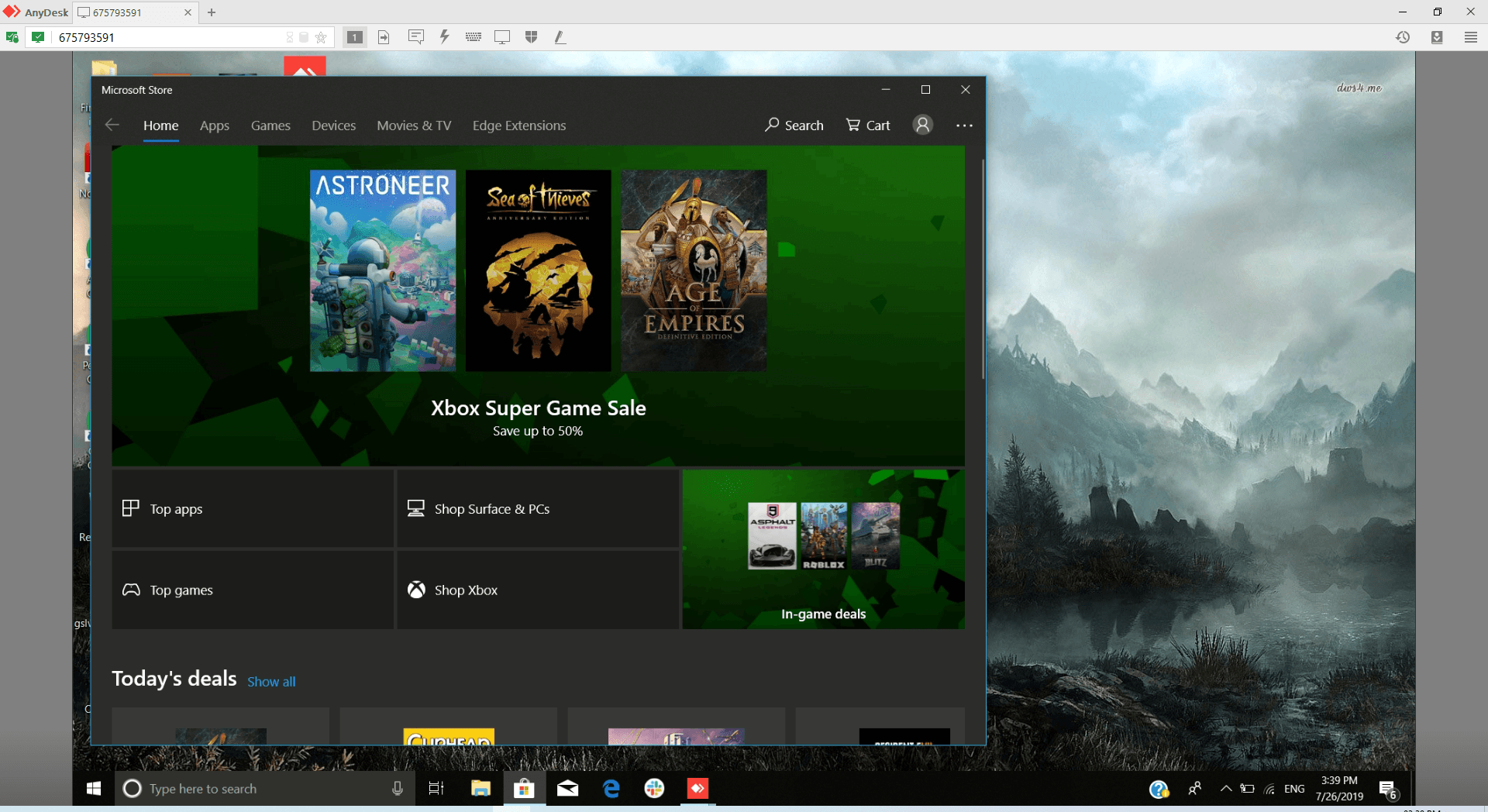
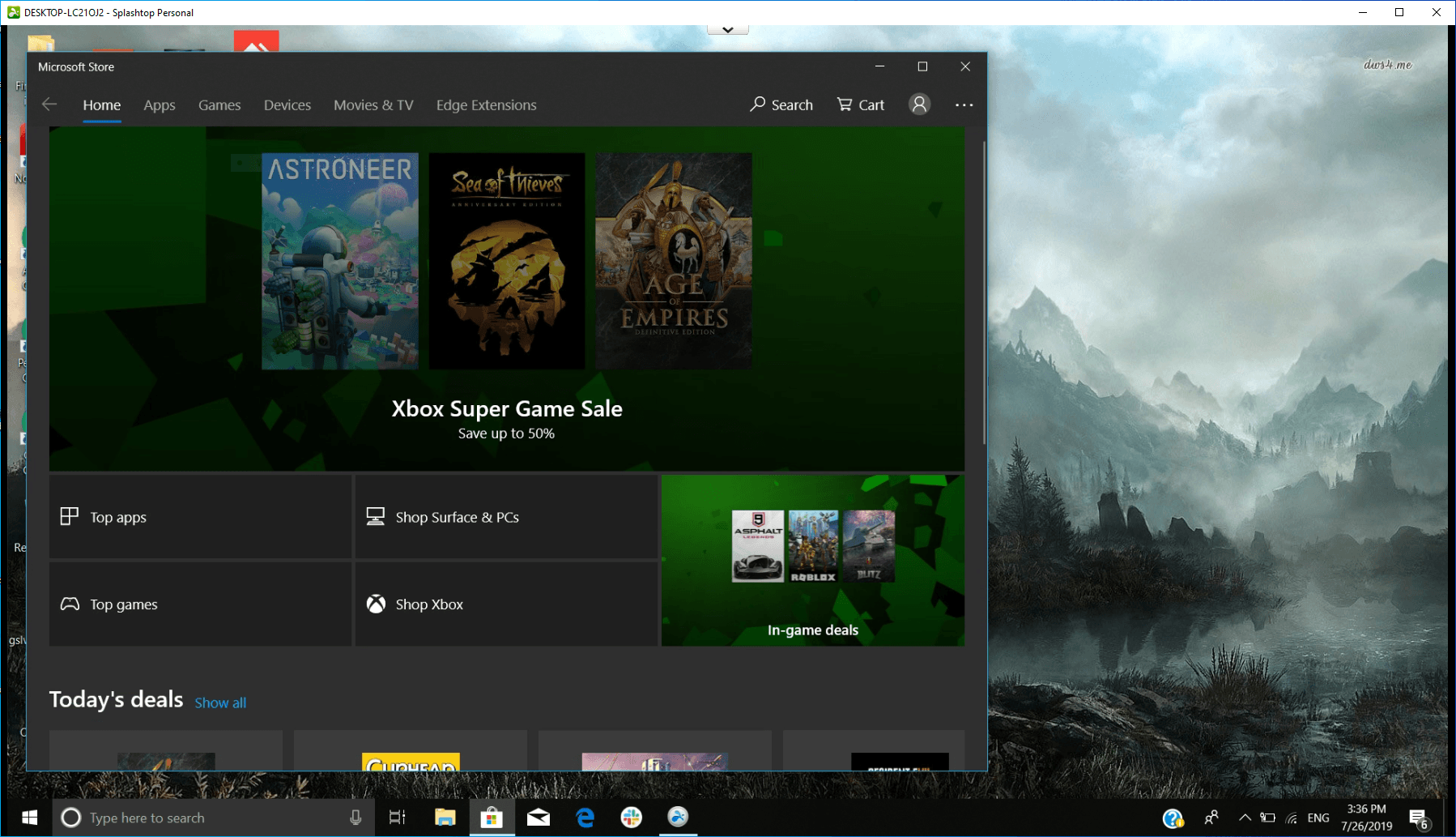
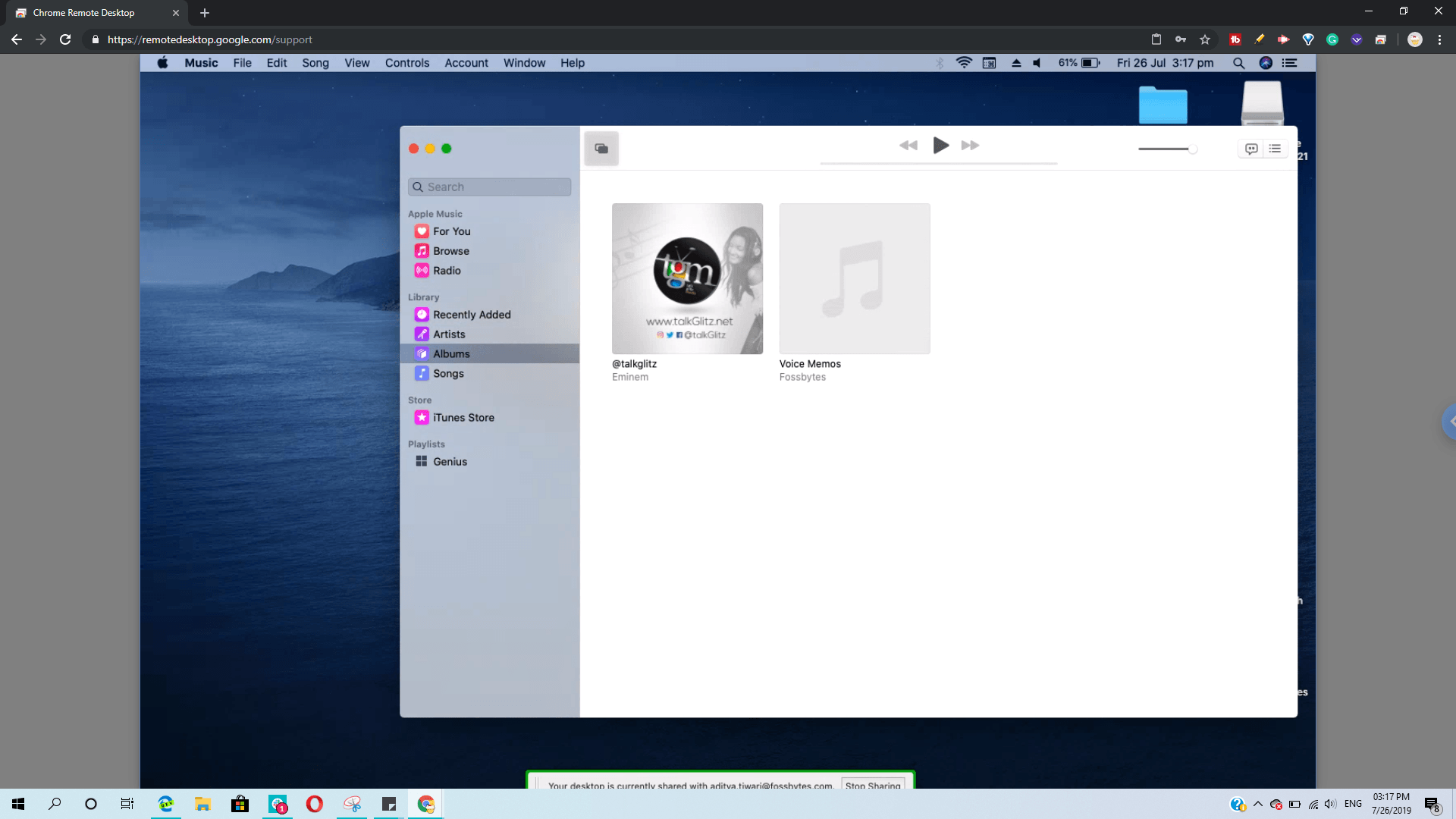
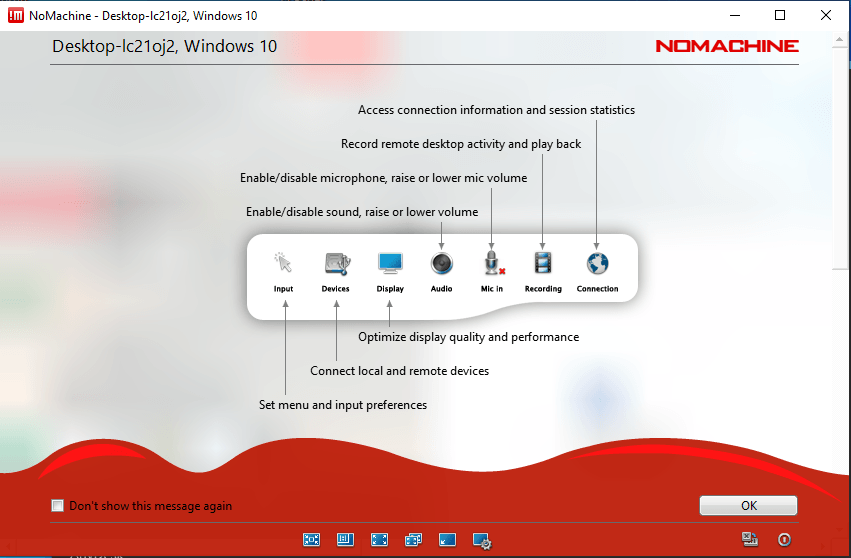
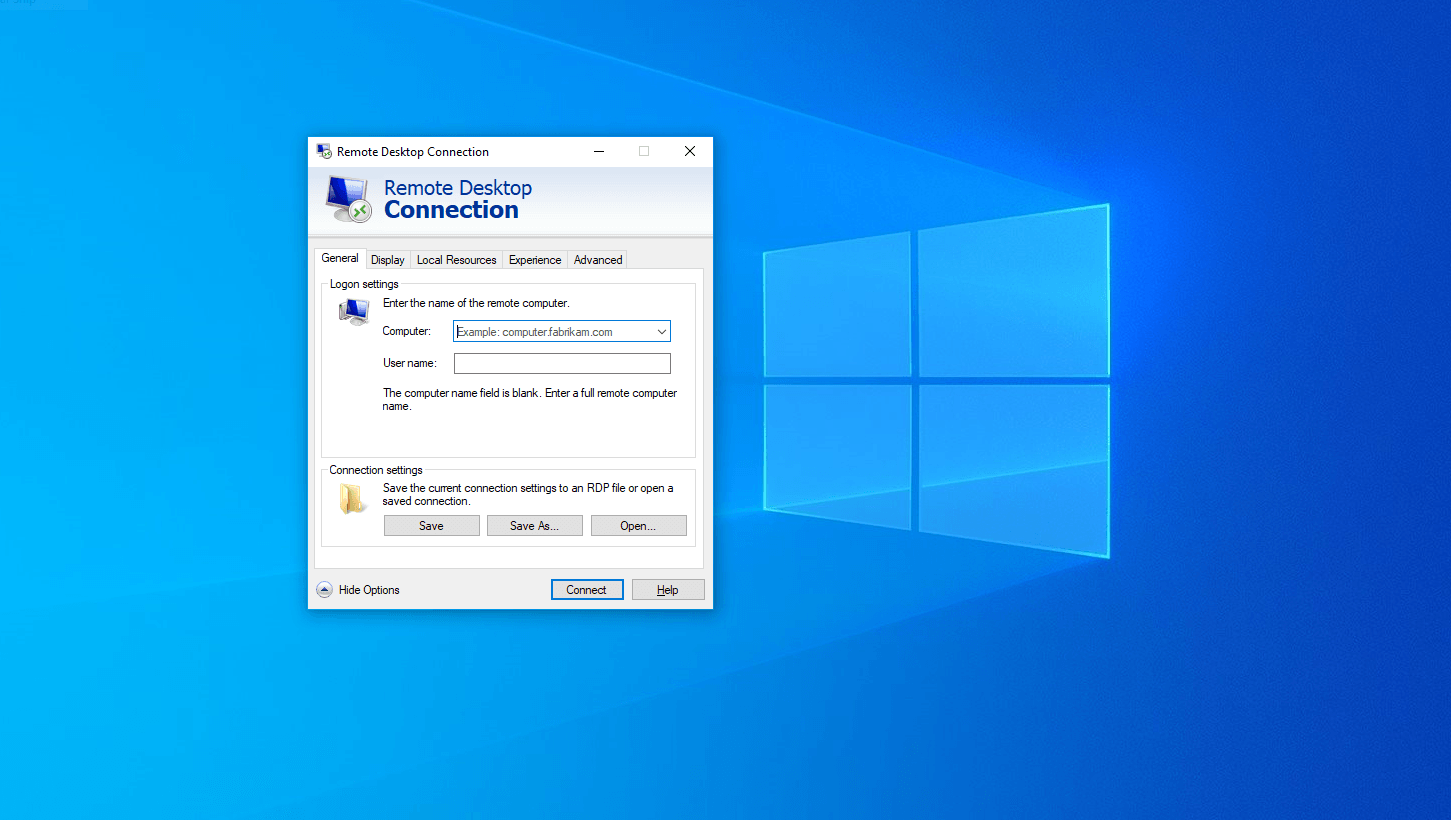
Comments
Post a Comment